Providers
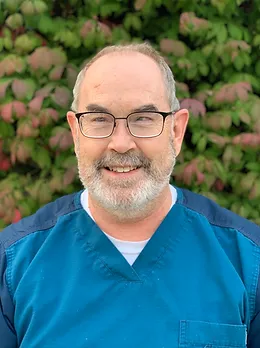
Matthew A. Stack, LLP, PA-C, DHA
Matthew Stack has a Master's degree in clinical psychology, a Masters in Physician Assistant studies and a Doctorate in Health Administration. Matthew worked as a limited licensed psychologist in Michigan for 15 years providing individual, couple, family and group psychotherapy. In 2000, Matthew went back to school and became licensed as a physician assistant. After PA school, Matt, Sue and their family served on the Navajo Indian Reservation in Northern Arizona for 5 years. While Matthew has broad experience working as a family practice PA, his background in psychology made working as a psychiatric PA a natural fit and Matthew has worked extensively with collaborative psychiatrist colleagues. Due to his dual licensure, Matthew is able to provide both innovative psychotherapies as well as psychiatric medication management.
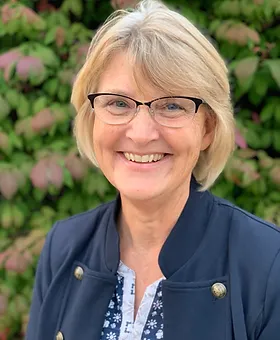
Sue Stack
Sue has a bachelor's degree in physical education and community recreation. Sue has worked for many years in our communities helping children and families find expression and joy through athletics, dance, recreation and outdoor activities. More recently Sue has been exploring the healing influence of hanging out with our equine friends. She has taken numerous trainings in equine assisted therapeutic recreation. Sue has learned that due to their instinctual grounding, intuitive awareness of their environment, and desire for connection, horses can be a wonderful therapeutic ally.
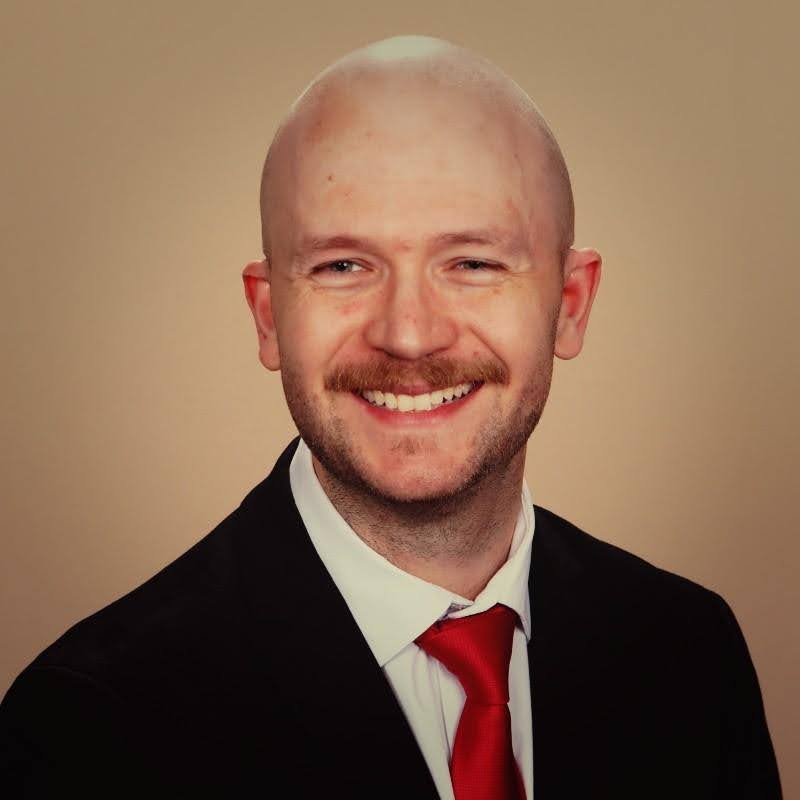
Robert M. Hughes, PA-C
Robert is a board-certified Physician Assistant specializing in psychiatry. He earned his Master of Health Science in Physician Assistant Studies at the University of South Alabama before completing a post-graduate psychiatry residency at Pine Rest Psychiatric Hospital in Grand Rapids, Michigan. He has extensive experience providing collaborative, evidence-based care for a wide range of psychiatric conditions.
Robert will be providing comprehensive psychiatric evaluations, psychiatric medication management and medication assisted therapy ( MAT) for opioid and alcohol use disorders . Drawing from his diverse clinical background, he delivers personalized, compassionate care that empowers patients to achieve lasting stability, recovery and wellness.
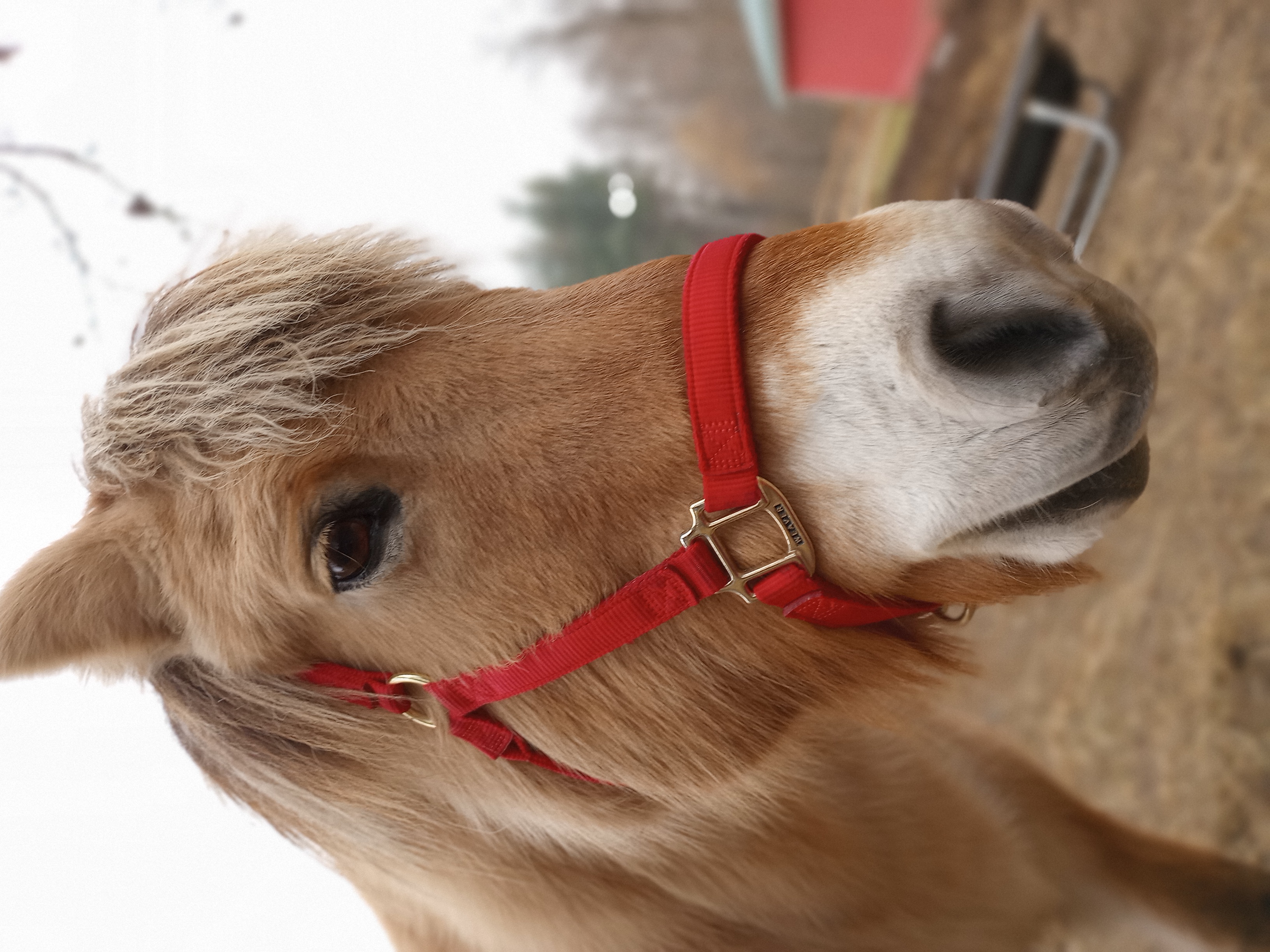
Astrid and Rosie
Horses have long been domesticated and lived alongside humans so it's thought that they are especially attuned to humans' emotions and nonverbal signals and that they respond accordingly. While engaging in activities with the horse, the client will attempt to recognize how the horse's behaviors might be due to their own emotional signals—a client who is angry or anxious, for example, may see the horse pull away or otherwise respond negatively.
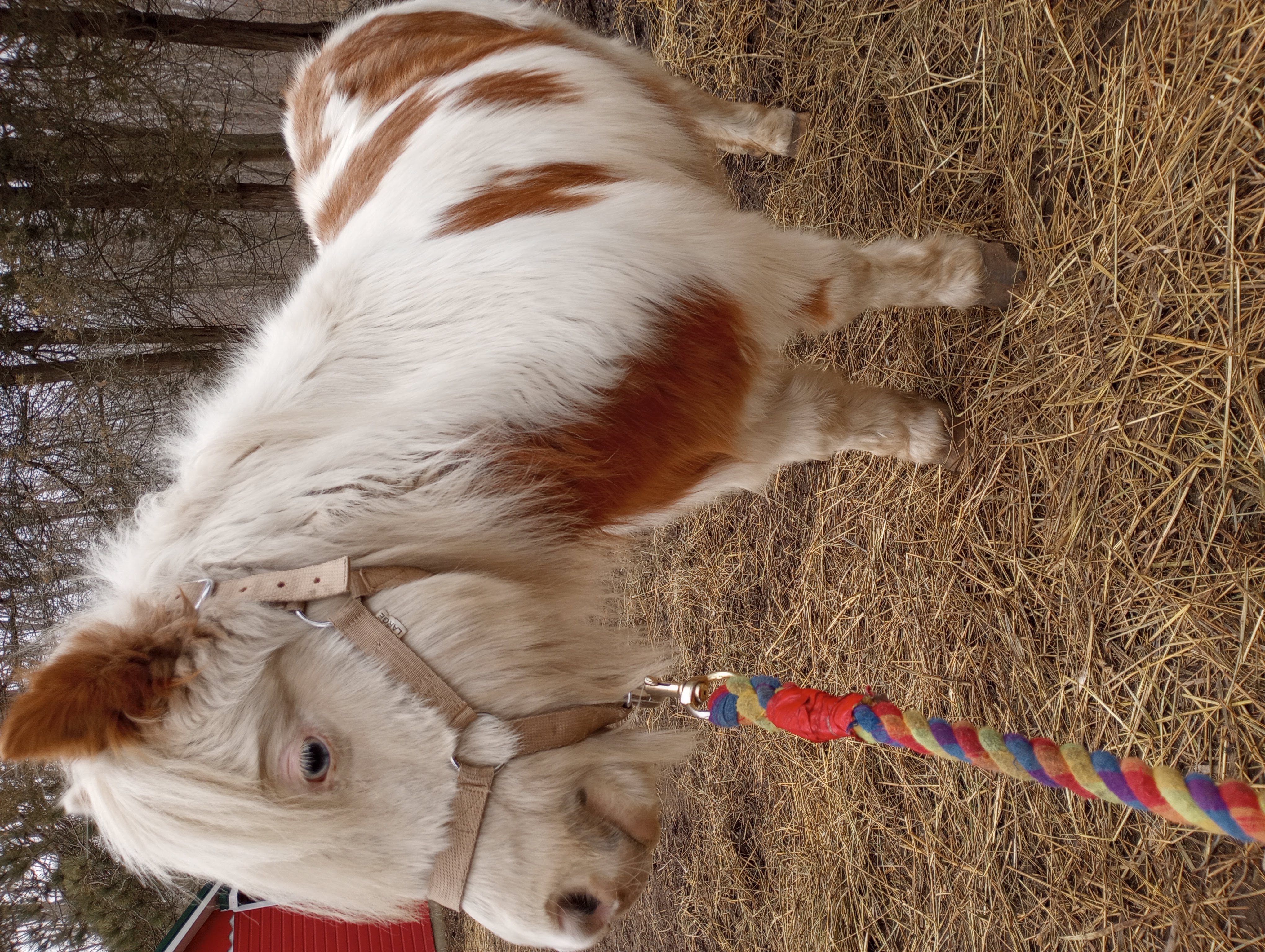 This “mirroring” process is thought to help the client identify what they're feeling and potentially modify their emotions for the better, all in a nonjudgmental environment. Equine specialists may also promote the practice of mindfulness, or focusing on the present moment, when the client is interacting with the horse.
This “mirroring” process is thought to help the client identify what they're feeling and potentially modify their emotions for the better, all in a nonjudgmental environment. Equine specialists may also promote the practice of mindfulness, or focusing on the present moment, when the client is interacting with the horse.




 This “mirroring” process is thought to help the client identify what they're feeling and potentially modify their emotions for the better, all in a nonjudgmental environment. Equine specialists may also promote the practice of mindfulness, or focusing on the present moment, when the client is interacting with the horse.
This “mirroring” process is thought to help the client identify what they're feeling and potentially modify their emotions for the better, all in a nonjudgmental environment. Equine specialists may also promote the practice of mindfulness, or focusing on the present moment, when the client is interacting with the horse.